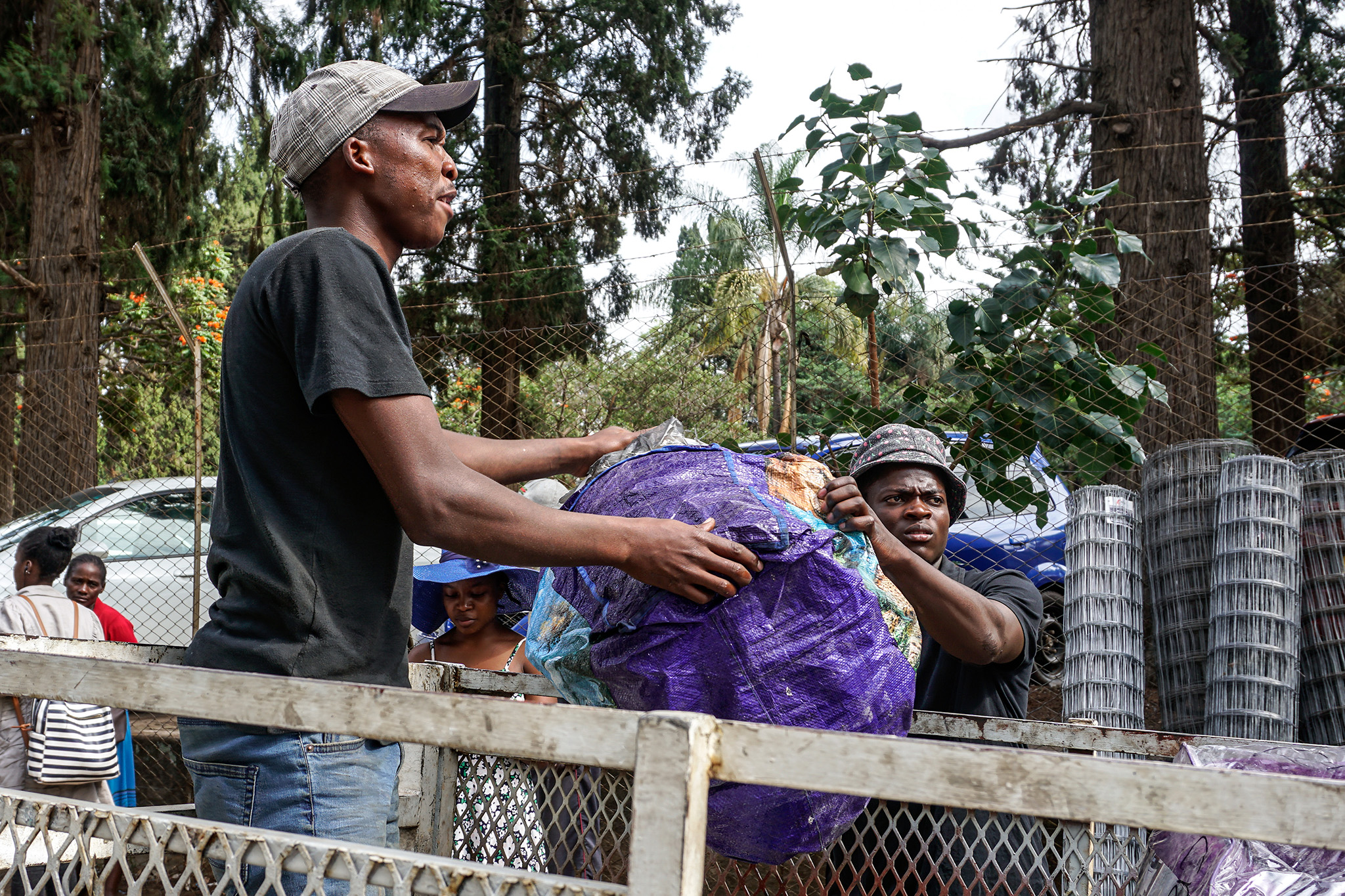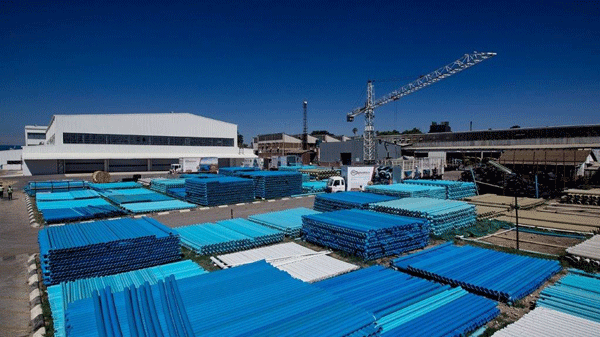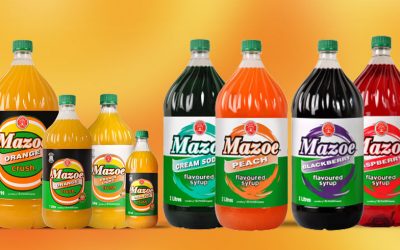Zimdollar sales 32pc of Schweppes Zim sales
LEADING beverages maker, Schweppes Zimbabwe, says the bulk of its sales are now executed in US dollars while the company has stopped extending Zimbabwe dollar credit because of currency volatility.
General manager Charles Msipa said 68 percent of the company’s sales were now being done in US dollars while the balance was in local currency.
However, the proportion represents a decline from a high of 80 percent US dollar sales the company reached in December last year.
This also comes, Mr Msipa said, after “our allocations at the Reserve Bank auction have been trimmed”, making US dollar sales critical for imported raw materials. He said only sales to key account customers were still in local currency.
Schweppes Zimbabwe’s core business entails manufacturing, sales and distribution of beverages under license from The Coca-Cola Company.
Schweppes Zimbabwe manufactures and distributes Mazoe range of cordials, Minute Maid juice drinks, Bonaqua and Schweppes bottled water brands.
“Our sales to national key account customers like OK Zimbabwe, Pick ‘n Pay/TM are invoiced in ZWL (Zimbabwe dollars), to our legitimate, bona fide customers and not those engaged in speculation.
“For the period January to March 2023, our US dollar collections were 68 percent of total sales, and ZWL sales were 32 percent of total sales. We have suspended credit sales in ZWL (Zimbabwe dollars effective April 14, 2023,” Mr Msipa said.
He said for customers to buy using Zimbabwe dollars, they must either prepay or pay cash. “We cannot afford to extend Zimbabwe dollar credit, if you want credit, it has to be US dollars.
“We cannot afford to borrow to finance our business, it is costly,” Mr Msipa said.
Last year, the Reserve Bank of Zimbabwe hiked the bank policy rate from 80 percent to 200 percent to discourage speculative borrowing, which contributed to attacks on the local currency.
The rate, which determines the minimum bank loan interest threshold, has since been cut to 140 percent.
Earlier in an interview Mr Msipa said there were traders in the habit of “dumping” their excess local currency on the company in order to hold stock in products produced by the company.
The Zimbabwe dollar now exchanges hands at $982/US$1 on the official interbank market and trades for anything from $1 800/US$1 on the parallel market.
After remaining largely stable for the better part of 2023, following a cocktail of monetary and fiscal policy interventions, the local unit has recently been losing ground against the greenback, driving local currency prices higher.
This has resulted in many businesses preferring to trade in foreign currency, with the Zimbabwe National Statistics Agency saying US dollar sales now account for at least 76 percent of transactions in the economy.
But the Government gazetted legislation, statutory instrument 118A of 2022, which etched multicurrency (essentially US and Zimbabwe dollar) in law to remain in force for the duration of the National Development Strategy (NDS1 2020-2025).
The traders, Mr Msipa said, would speculatively hold the products in the hope of Zimbabwe dollar currency depreciation, after which the traders would sell the products, collect US dollars and restart the cycle again.
However, some traders claimed the beverage maker, a franchiser holder of Coca-Cola Company’s noncarbonated drinks in Zimbabwe, was in the habit of collecting Zimbabwe dollar deposits for its products, sit on the money then review prices and then ask clients to top up for orders.
Mr Msipa dismissed the claims saying the company had stopped local credit sales because it was also not getting credit terms from key suppliers to the company.
Meanwhile, Mr Msipa said a Coca Cola franchise representative from Kenya, Jaqueline Ewiye, Coca Cola director East and Central Africa, visited the country last week for an assessment of the company’s products and performance.
“It (was) a routine visit, these are exchange visits, we run the Coca Cola franchise for non-carbonated drinks in Zimbabwe,” he said.
Mr Msipa said Ms Ewiye was taken on a field tour of the market by the franchise representative in Zimbabwe, Archford Ndlovu. -herald










